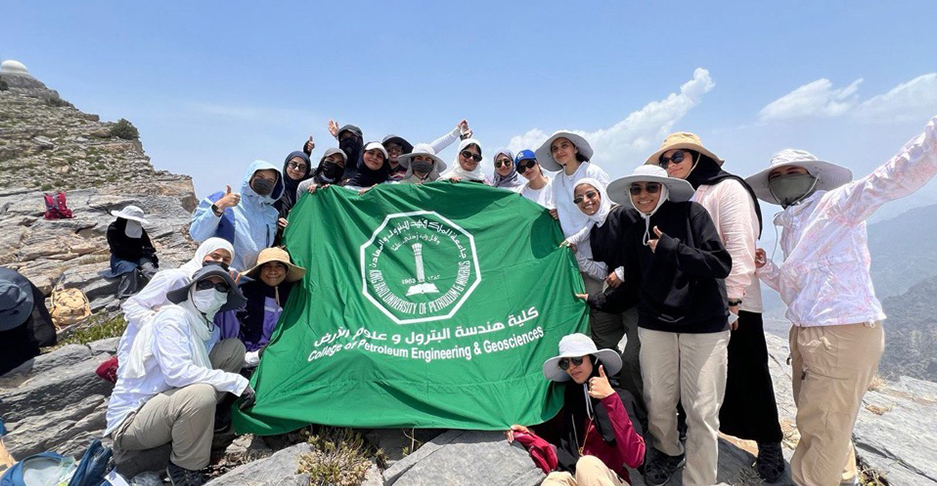Partner Success Stories
As a leading Saudi university, KFUPM anchors every research collaboration in a clear principle of mutual gain for both us and our nation.
We believe in a genuine win-win situation where academic insight meets industrial know-how. As such, we articulate project goals early, keeping everyone focused on the end objective: practical solutions that benefit the Kingdom and the wider world.
Why Industry Chooses KFUPM
Our partners are reliant on the university’s advanced labs, expert faculty, and pipeline of students pursuing advanced degrees in science, engineering, and beyond. Equally compelling are our global networks, which help projects manifest as market-ready prototypes rather than shelved reports. Firms appreciate our transparent governance, a culture of trust, and a funding model that pairs public grants with private investment support. Opportunities such as the Professor of Practice program, which allows industry experts to impart practical knowledge within the academic setting, or the Bidirectional Summer Research Program, which supports international collaborations between KFUPM and its industry partners, further strengthen these relationships and open new avenues for shared impact.
Major Private Partners

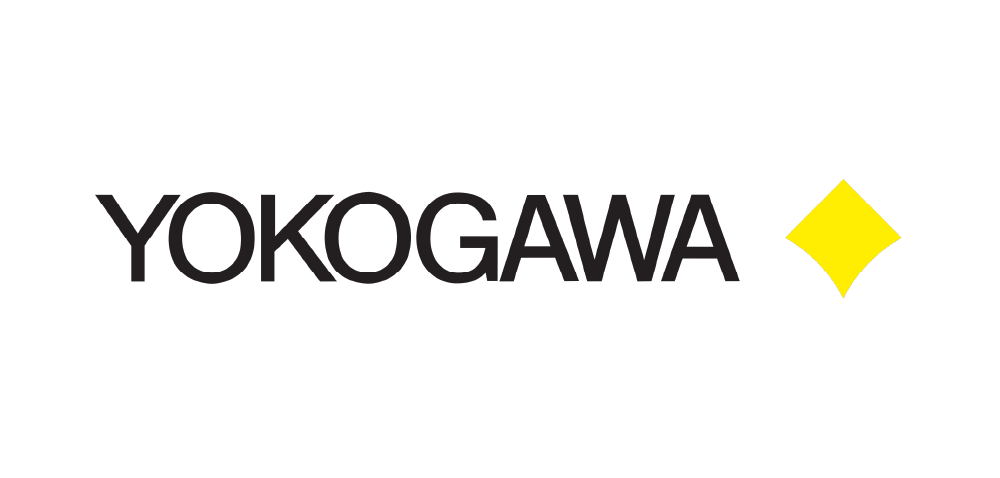
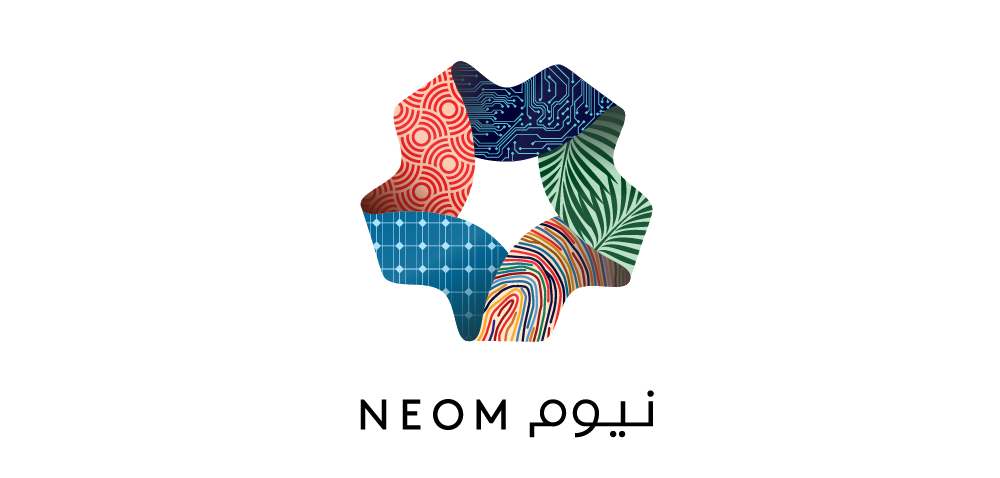
Major Industry Partners
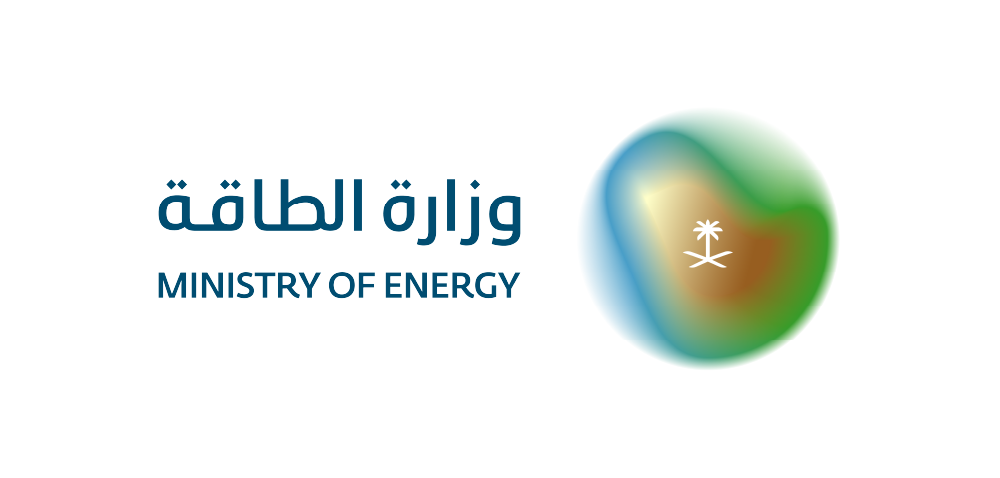

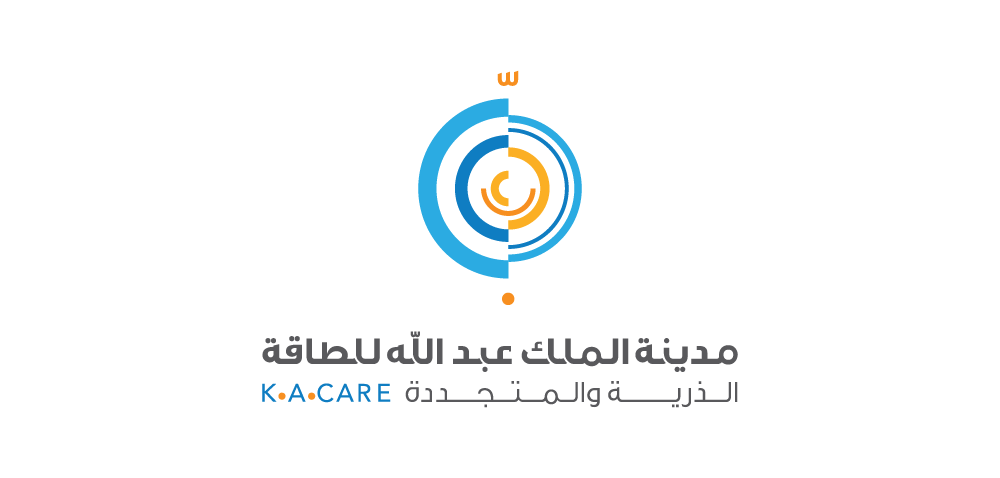
2024–2025 Milestones at a Glance
40+ project contracts and 20+ MoU’s signed, proving that collaboration, otherwise slow to scale, can move quickly when objectives are aligned.
Joint projects with MEWA on water security and with MA’ADEN, supported by industry-linked programs highlight our role in national development.
Our partnerships with entities like NTIS and Lab7 are suggestive of how emerging technologies, such as quantum computing, hydrogen mobility, and more, are creating new business ideas.
KFUPM filed 414 new inventions in 2024 and secured 265 U.S. patents, ensuring partners share in the value of resulting intellectual property.
Our Interdisciplinary Research Centers (IRCs) continuously advocated for evidence-based policymaking; for example, our IRC for Smart Mobility & Logistics has produced patents licensed to Hydeva in the field of clean energy.
With the help of incubators, KFUPM has enabled dozens of startup ideas that have attracted investors willing to support Saudi-based startups, such as Dema Energy and Aila. The former codevelops renewable grids, while the latter advances AI education tools.
Join Our Network
We invite companies, agencies, and NGOs to partner with KFUPM. Far too often, promising concepts stall; here, structured programs convert them into deployable technologies. If your organization seeks collaborative R&D proven to have measurable impact, our doors and minds are open. Explore some of our successful industry partnerships to see what’s possible.
